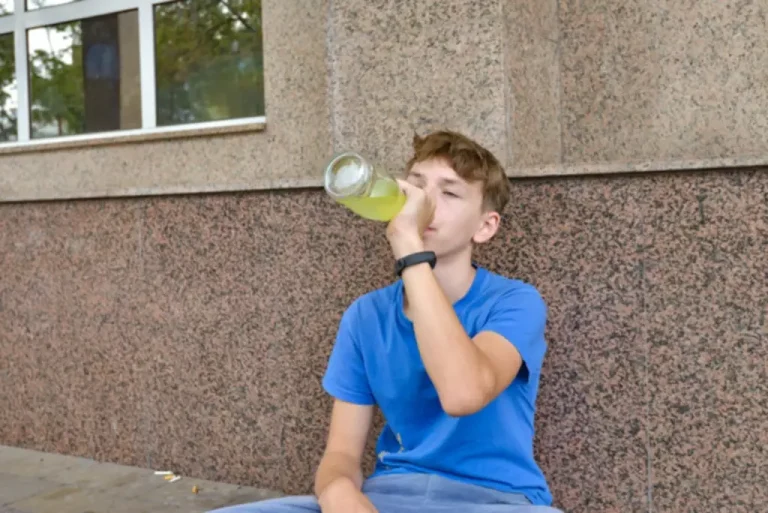
It is often the case that structural barriers, including lacking financial resources and a lack of language skills, impede refugees from accessing MHC 27, 28. The situation of UYRs is more pronounced due to their low utilization of MHC and lack of access to specific EBTs, resulting in higher unmet needs compared to resident peers and accompanied young refugees 8, 29,30,31,32. In the absence of appropriate treatment of PTSS, long-term impairment may ensue 24. This can result in personal distress and may also impede the integration of UYR, thereby hindering their successful resettlement in the host country 33, 34. Post-traumatic stress disorder (PTSD) is a psychological condition that arises as a consequence of directly or indirectly experiencing or witnessing severe traumatic events.
Trauma Focused CBT
Efforts to integrate TF-CBT into communities must focus on training local therapists and using telehealth to reach under-served populations. This commitment Sober living home to continuous improvement ensures that therapists provide the highest quality of care to their clients. The TF-CBT Certification Program includes components like role-playing, case studies, and supervision.
Trauma-Focused Cognitive Behavioral Therapy: A Primer for Child Welfare Professionals
Trauma-focused cognitive behavioral therapy (TF-CBT) typically combines CBT techniques with family and humanistic therapy approaches. Trauma-focused cognitive behavioral therapy (TF-CBT) treatment is usually less than 16 sessions, and it can be highly effective at helping young people heal from stress. Adolescents who abuse substances or who are suicidal may temporarily see a worsening of symptoms with TF-CBT’s gradual exposure component. TF-CBT may still be helpful when treating children who are thus affected, but often the pace or order of interventions must first be modified.
- Its focus on both individual and familial aspects of trauma makes it a versatile and impactful option for those seeking recovery and support.
- Often, the treatment will begin where the child and non-offending caregiver have separate therapy sessions and advance to engaging in joint sessions.
- In conclusion, this study provides evidence of some variables related to intention and actual utilization of trauma-focused EBT of UYRs.
- Anthony Mannarino, Judith Cohen, and Esther Deblinger has shown that TF-CBT can successfully address emotional and behavioral problems.
Post Traumatic Infidelity Syndrome
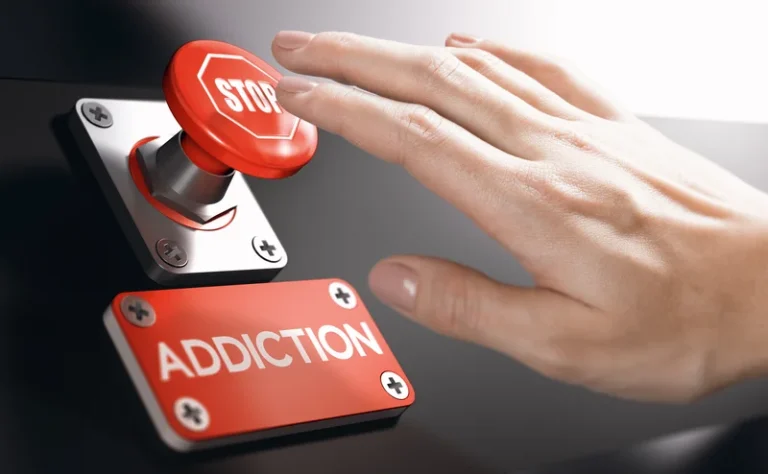
Systematic reviews, e.g. by Xiang et al. 13 and Thielemann et al. 14, have demonstrated the effectiveness of a specific CBT-based trauma-focused manual, as developed and described by Cohen, Mannarino, and Deblinger 15, 16. In addition, TF-CBT has been endorsed by international guidelines for the treatment of PTSD in children and adolescents 17. TF-CBT is a culturally sensitive approach that is capable of addressing the individual cultural needs of patients 16, 18. It has also been demonstrated to be efficacious in non-Western countries 19, 20 and in refugee populations 21, 22. Research has demonstrated that access to mental health care is a significant predictor of improvement of PTSS, e.g 23. Despite the existence of evidence-based treatments (EBT), a significant proportion of refugees experiencing mental health issues, particularly PTSD, are not adequately screened and fail to receive adequate mental health care (MHC) 25, 26.
Trauma-focused Cognitive Behavioral Therapy for Substance Abuse
- Important study characteristics and results are summarized in the evidence tables.
- Consequently, mindfulness meditation appears to be a more suitable intervention for addressing the complex psychological and emotional demands of this population.
- Trauma-Focused Cognitive Behavior Therapy (TF-CBT) is a highly effective treatment aimed at helping children and adolescents overcome the impacts of trauma.
- People abusing substances or showing suicidal tendencies may not immediately respond well to TF-CBT; some may even experience worsening symptoms during this therapy.
- The anacronym PRACTICE describes the fundamental components of TF-CBT and includes the following.
Trauma-focused CBT was designed to treat traumatized children, but it can be adapted to treat adults as well. This form of therapy can cognitive behavioral therapy have similar effects on adults who have experienced trauma, such as the reduction of post-traumatic stress symptoms. It may also be appropriate for other types of mental illness and conditions, such as depression, anxiety, and bipolar disorder. Trauma-focused cognitive-behavioral therapy is a specific type of therapy that can help young people and adults move past traumatic life events, including abuse, loss, and displacement.
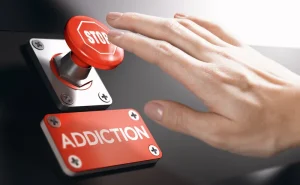
The family therapy aspect of trauma-focused CBT attends to the problems family members may have in dealing with the trauma suffered by the child, including the use of various stress management, communication, and parenting skills. The level of evidence regarding the outcome measure PTSD symptom decrease started as high because it was based on RCTs and was downgraded by one level to moderate because of lack of blinding and other methodological limitations (-1, risk of bias). You can receive CBT from licensed cognitive therapists near me at clinics or through CBT therapists online for remote sessions.
Risk of bias assessment
- In terms of mental health disorders, TF-CBT is particularly effective for conditions such as PTSD, anxiety, and depression.
- Progress in TF-CBT is measured through regular assessments of trauma symptoms and overall mental health.
- The federal government’s Substance Abuse and Mental Health Services Administration has recognized TF-CBT as a Model Program due to the extensive outcome data from randomized controlled trials that support its effectiveness in improving a variety of problems.
- It also includes parenting skills to support the child’s emotional and behavioral adjustment.
- For those with co-occurring disorders, where substance abuse and mental health issues intersect, TF-CBT offers a comprehensive approach.
Just like cognitive processing therapy for PTSD, trauma-focused cognitive behavioral therapy (TF-CBT) may help young people manage their past trauma before it develops into a mental health disorder. Systemic reviews of CBT therapy show that it may be more effective than other forms of therapy for young people impacted by trauma. Trauma-focused cognitive behavioral therapy (TF-CBT) may help with sleep problems, trauma due to physical abuse, changing emotional responses to stimuli, reducing emotional distress, PTSD, and more. They have many of the same concepts, but trauma-focused CBT was distinctively developed for teens and children.
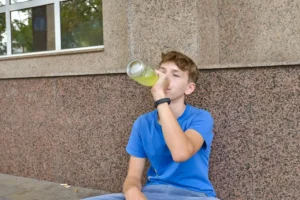
This evidence-based approach ensures that children and adolescents can heal and thrive despite past traumas. Post-traumatic stress disorder (PTSD) is a common condition that occurs after experiencing or witnessing trauma. For example, while the TF-CBT model is evidence-based and can be highly effective, it requires an extensive time commitment and may make symptoms worse initially. While traditional therapy approaches like Cognitive Behavioral Therapy (CBT) can be effective for many emotional challenges, TF-CBT is specifically designed to address the unique impacts of trauma. TF-CBT typically takes place over 12–16 weekly sessions, though this can be extended if the trauma was repeated or ongoing.
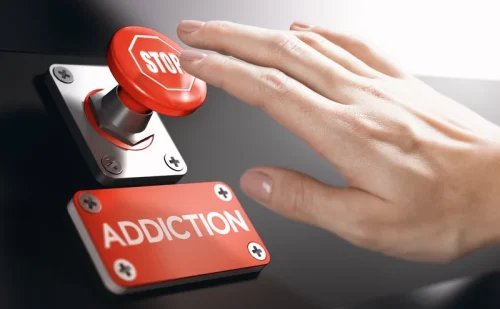
He introduced the concept that negative thinking patterns contribute to emotional distress and that modifying these thoughts can improve mental health. His work laid the foundation for modern CBT therapists online and in-person cognitive behavioral therapy counselors. Research has shown that adolescents and adults going through intense emotional repercussions due to trauma respond well to TF-CBT. So far, up to eleven empirical studies have investigated the efficacy of trauma-based CBT in adolescents who survived trauma. These studies have demonstrated its benefits and usefulness in symptom reduction in cases of PTSD, anxiety, and depression. Randomized clinical trials comparing TF-CBT with other therapies have also shown that the former has greater gains within fewer sessions.
